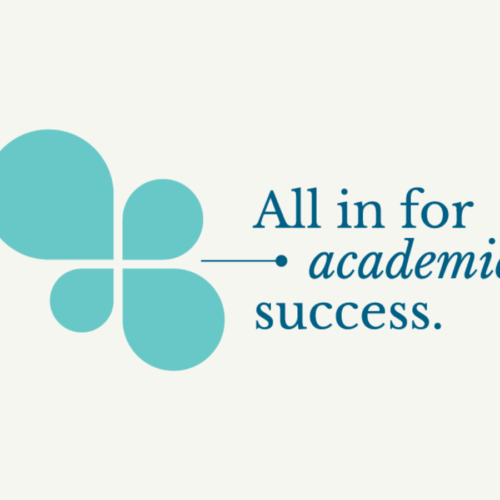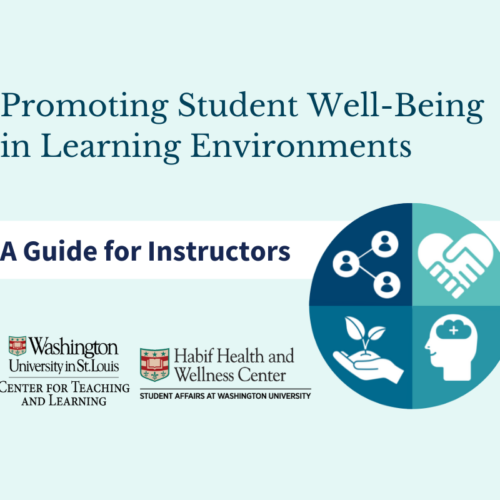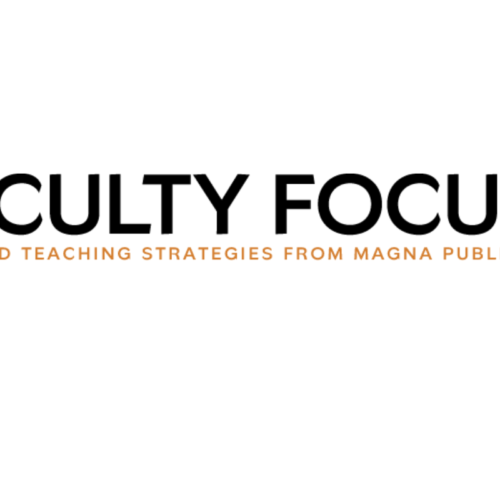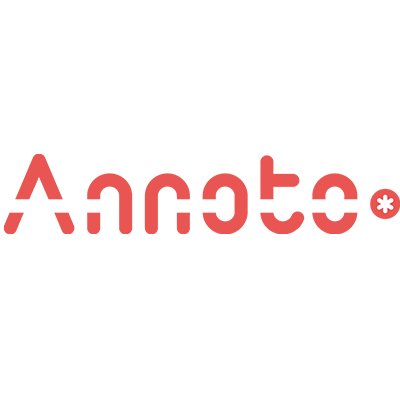Easier Isn’t Always Better When it Comes to Studying: Opinion
“Effective learning requires a lot of hard work, and students–much like all humans–prefer things to be easy,” writes James M. Lang, professor of English and director of the D’Amour Center for Teaching Excellence at Assumption College, in a recent op-ed in The Chronicle of Higher Education. In the article, Lang focuses on interleaving, or studying subjects in a mixed, recursive order, as opposed to studying one topic at a time in depth. Lang argues that interleaving is a more effective way for students to study, and his view is supported by research. However, even students who benefit from interleaving still prefer studying subjects in a distinct time block, one study shows, which points to the difficulty of trying to get students to adopt this method of learning.
Still, there are many tools that educators can use to encourage students to adopt difficult but more effective ways of studying. Lang recommends a few books in his op-ed including one about habit-forming technology. That book is particularly useful in helping faculty understand why students have a hard time adopting new ways of studying.
“Translating our research into practical recommendations will make a difference only if we can persuade students to actually follow those recommendations,” Lang writes in the article.






